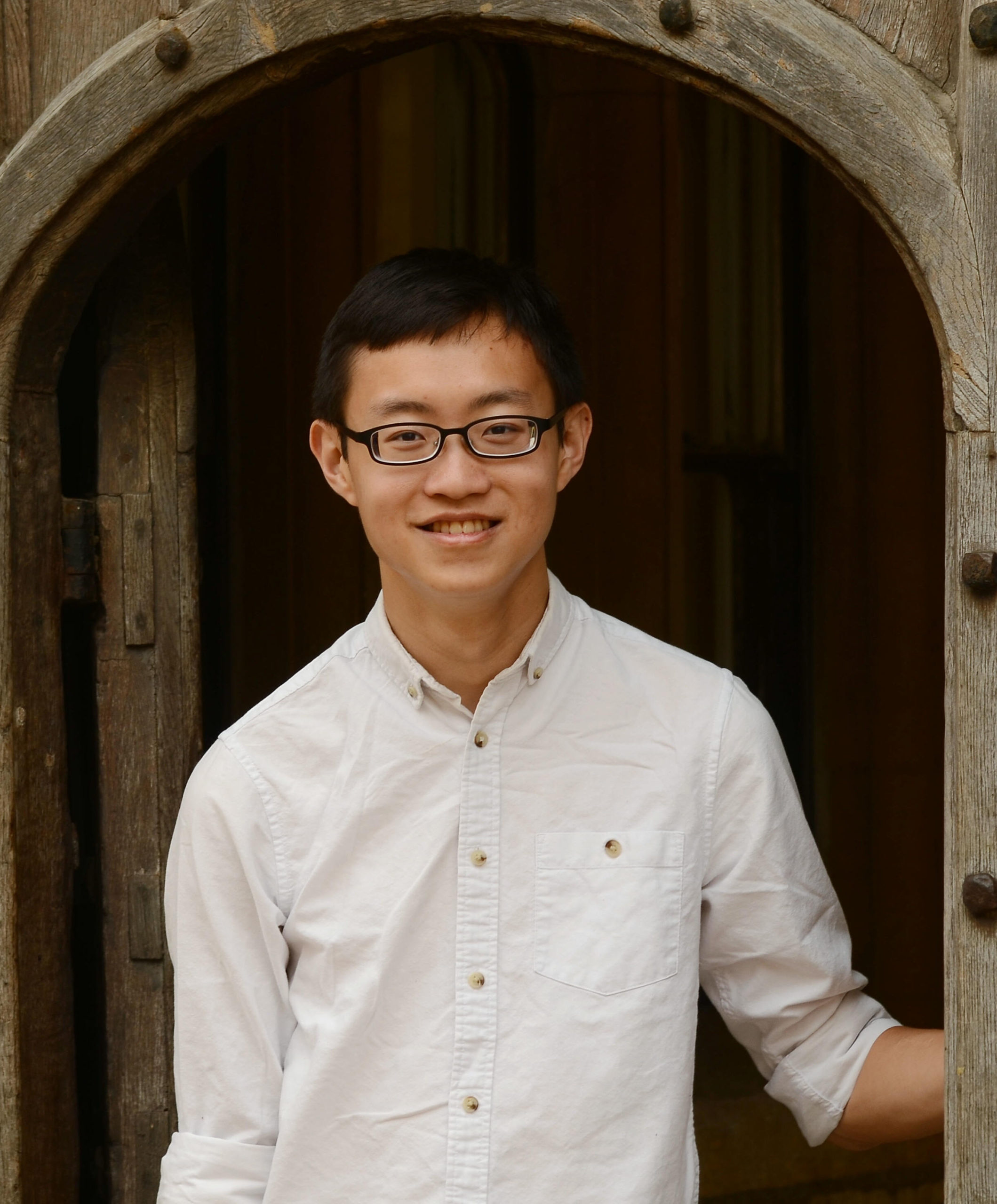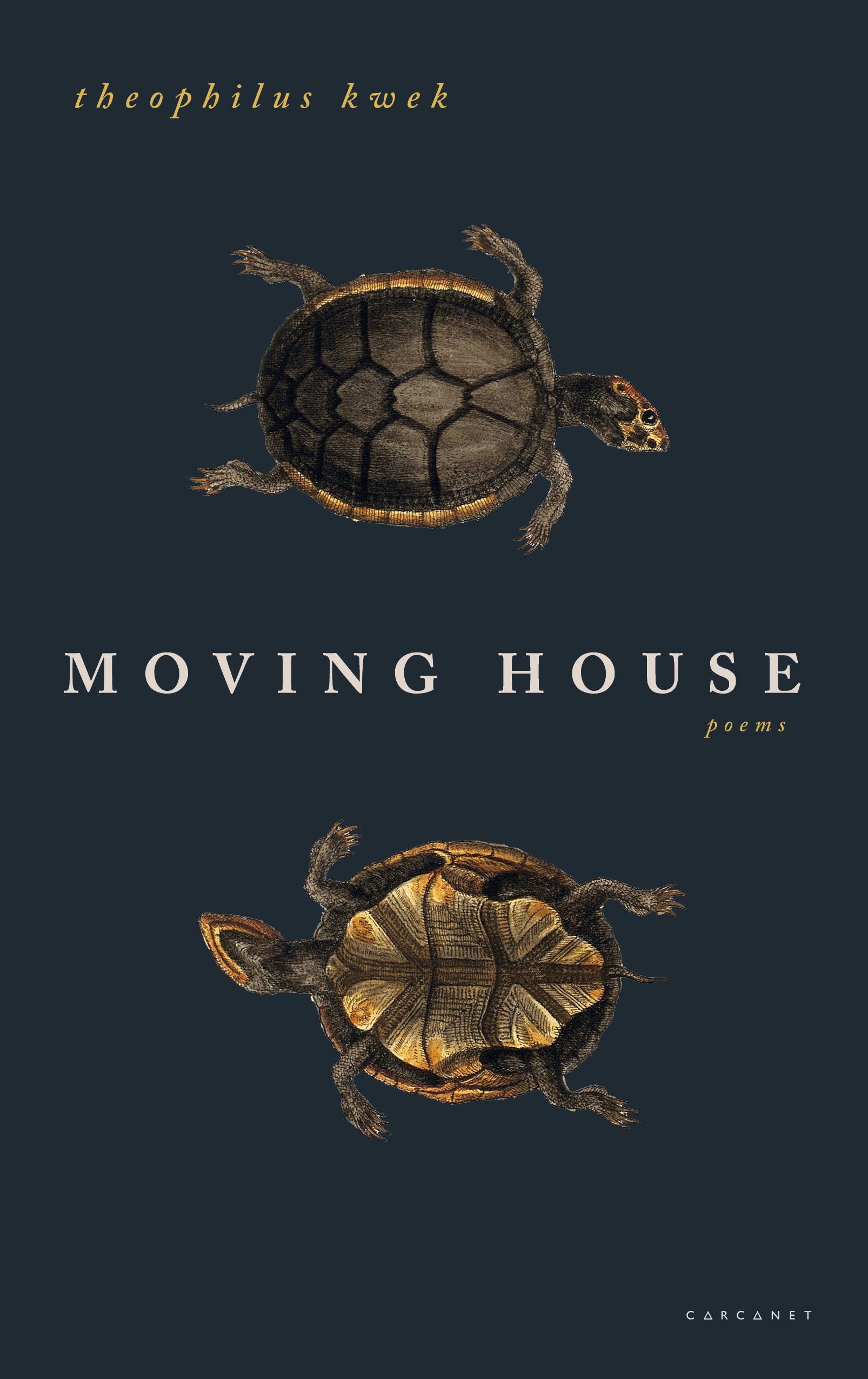One of the rawest human emotions is that of belonging. To be needed, to feel secure, to feel accepted and to be a part of something bigger than ourselves, often form the basis of our relationships and form our place in this world.
The sense of belonging in our contemporary, border-crossing lives is examined through Singaporean writer Theophilus Kwek’s upcoming book of poems, Moving House. The poems transition from formative moments in the author’s life, to pivotal events in Southeast Asia’s colonial past, to political upheavals of the present – all the while probing questions around displacement and migration.
In his most personal collection yet, Kwek’s poems not only draw from historical moments, but they also deal directly with his personal experiences of being a migrant student in the UK.
25-year-old Kwek grew up in Singapore and lived in the UK from 2013 to 2017 while completing his undergraduate degree in history and politics at Oxford University. During his time in the UK, he observed a monumental political shift to the right globally, when xenophobic nationalism resurfaced in the trifecta of the Brexit referendum, US president Donald Trump’s election and the European refugee crisis that began escalating in 2015.
“There was the refugee crisis that was going on, accompanied by a generous dose of xenophobia and racism in the UK among many communities,” Kwek said, sharing that it was against this backdrop that many of his poems were composed.

Kwek spoke about one incident where he was personally exposed to the xenophobic underbelly of the UK at the time. “I was walking back through my college accommodation one evening at dusk and a car drove by with a group of people who were shouting insults. One person stuck a metal rod out the window and hit me on the head,” he says, describing the basis behind his poem Occurrence.
Kwek adds a caveat that despite the bigotry he witnessed, there were moments of beauty and togetherness during that time in the UK. “Communities were rallying together in a really inspiring way to support the migrants and refugees or the non-white communities in their midst,” he described.
Kwek himself was involved in initiatives to raise awareness around refugee and migrant communities in Oxford at the time.
“Many of the poems came out of the time I spent looking at the refugee issue from an academic as well as a lived perspective, and reflecting on how the position of the refugee anywhere in the world is one of great precarity,” Kwek said.
Expanding the theme of migration, Moving House also delves into Southeast Asia’s own dark history of refugee movements.
Following the fall of Saigon in 1975, reuniting North and South Vietnam and ending decades of war, thousands of Vietnamese refugees sought asylum in Singapore, attempting to arrive by boat. Operation Thunderstorm, the title of one of Kwek’s poems, was also the code name for Singapore’s naval operation to prevent these ‘boat people’ entering Singapore’s waters.
“There are reports from that time of Singapore’s navy ships intercepting boats of refugees and towing them further out to sea, giving them some food but not helping them to shore,” Kwek said, describing the historical premise for another poem titled Strangers Drowning.
Some of the poems reflect on the position of migrants in Singapore today. In his poem, Lucky, Kwek described a car accident which happened in late December last year at Lucky Plaza in Singapore where two Filipino workers were killed, sending shockwaves through the migrant community. Kwek said migrant workers and domestic helpers often gathered together at that spot on their days off.
“In many ways, a freak traffic accident cannot be prevented, so the majority of Singaporeans would have just shrugged it off as an unlucky incident,” Kwek said.
“But it’s because of how segregated spaces have developed that there are no set-aside places where domestic helpers can congregate away from the prying eyes of their employers, so they are forced to sit by the roadside outside a shopping mall,” Kwek said mournfully. “And hence, they are extra vulnerable to freak accidents like this.”

In many developed countries, especially in many cosmopolitan cities like Singapore, the figure of the migrant and the figure of the essential worker are now inseparable in many ways
Swept up in the tide of the current coronavirus pandemic, Kwek described how Covid-19 has resurfaced racism and the precariousness of migrant workers’ which are mirrored in his poems. Although not in his book, Kwek underscored the critical role migrant workers have been playing to combat Covid-19, and yet still subjected to harsh working and living conditions.
“In many developed countries, especially in many cosmopolitan cities like Singapore, the figure of the migrant and the figure of the essential worker are now inseparable in many ways,” Kwek said. “And at a time like Covid-19, where all non-essential things are shut down or stripped away, that’s when the essential nature of what migrants do in our societies becomes even clearer.
“And yet because they continue to do these quote-unquote ‘essential jobs’, they continue to be put in especially vulnerable positions. And so it’s a paradox, right? That those whom we need the most are those who we protect the least,” Kwek continued.
The dedication of the book, “for those who build our houses, and for those who believe in keeping them open”, encapsulates Kwek’s foundation for Moving House, a homage to migrant workers society keeps on the fringes, despite the critical role they’ve carved out.
“I think what I was hoping to capture with many of the poems in this book, was a sense that we cannot understand our communities or the positions that we are in without considering the position of the migrants or those who pass, albeit temporarily, through them,” he surmised.
“And hence, because of that, they deserve, at least for the time being that they are in our midst, the same kind of dignity, welfare and respect that we accord to others.”
Theophilus Kwek is a writer, editor and translator based in Singapore. Two of his previous collections of poetry were shortlisted for the Singapore Literature Prize, while his pamphlet, The First Five Storms, won the inaugural New Poets’ Prize in 2016. Moving House is set to be released on June 25 and copies can be pre-ordered here. The views expressed in this interview are Kwek’s own and do not reflect the position of any organisation he may be affiliated with.


